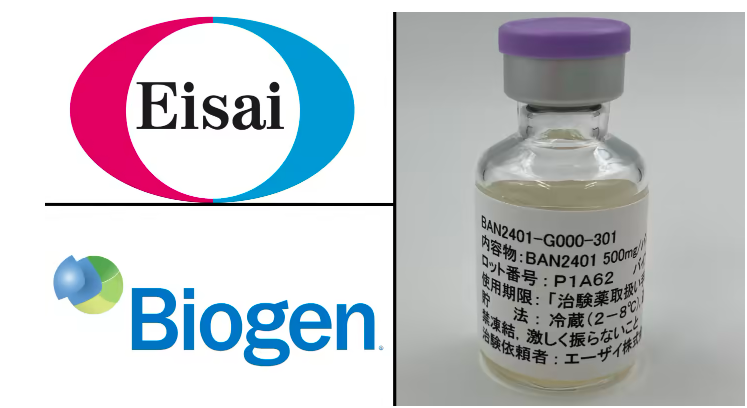Good news for those with family members suffering from Alzheimer’s disease: the experimental drug lecanemab may soon be approved for use in Europe, Japan, and the United States by next year.
Eisai Company, the Japanese pharmaceutical company that developed the drug through collaboration with American biotech firm Biogen Inc., is planning to seek full approval based on clinical data that shows how lecanemab can slow the progression of the disease in those manifesting its earliest symptoms.
As of Tuesday, November 29th, lecanemab reduced the speed of cognitive decline by 27% on a standard clinical dementia scale compared to a placebo. The cumulative study also showed the prevalence of potentially dangerous side effects like cerebral edema and brain hemorrhaging.
The drug is, essentially, a lab-created antibody specifically designed to remove amyloid beta protein deposits which cause issues with cognitive function such as dementia in those suffering from Alzheimer’s disease.
Currently, Eisai and Biogen have filed for accelerated approval of the drug with the US Food and Drug Administration (FDA.) A decision is expected by January 6, 2023.
A Necessary Caveat
However, physicians who were part of the experimental phase of the drug’s development advise that, while it is beneficial for those in the earliest stages of the disease, it may not be of any help for those in whom it has advanced to a greater extent.
According to Cleveland Clinic neuro-geriatrician Dr. Babak Tousi, lecanemab may only be of use to those who may have memory impairment but still have the agency to engage in regular activities like the management of their health and finances. In this case, only a very small group of patients stand to benefit from the drug.
Likewise, market analysts focused on the pharmaceuticals sector believe that, even with approval, sales revenues from lecanemab may remain small up to 2024.
Brian Abraham, an analyst for RBC Capital Markets, estimates only 23,000 patients for the drug in the United States alone in the first year of distribution. He also forecasts that the number of patients could be more than 300,000 by 2031.
On Cost and Coverage
One reason why the use of lecanemab may be limited to a smaller number of patients is its potentially substantial cost of between $9,249 and $35,605 a year if it is administered every fortnight with the dosage based on a patient’s weight.
Especially in the United States, most patients who need the drug rely on Medicare or similar medical welfare programs. Meanwhile, most of those who rely on private medical practices also turn to such programs to minimize the cost of their medications.














